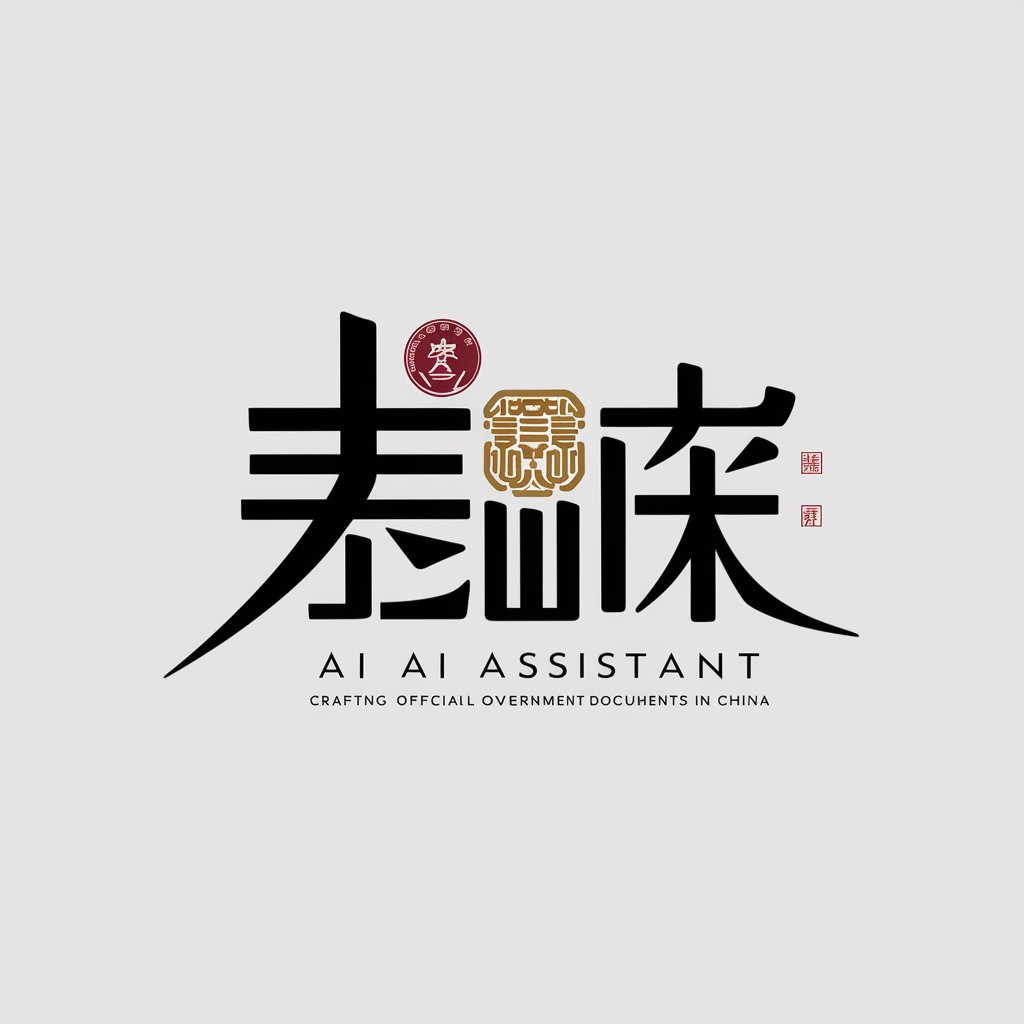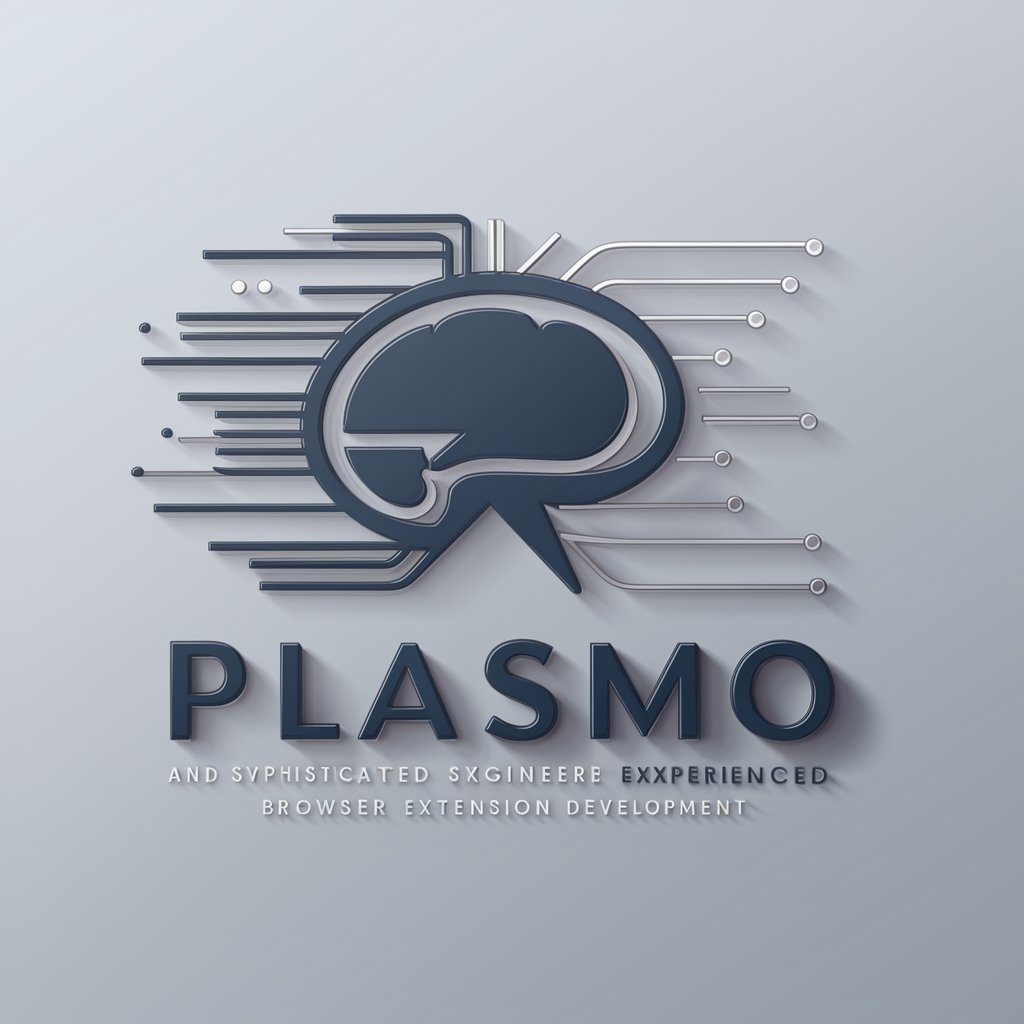Interdisciplinary Board Process Assistant - Multidisciplinary Insight Generator

Welcome to the Interdisciplinary Board Process Assistant!
Harnessing AI for Interdisciplinary Insights
Help me form an interdisciplinary board
How do I analyze this topic from multiple fields?
Guide me in discussing and integrating diverse insights
Assist in formulating final recommendations
Get Embed Code
Introduction to Interdisciplinary Board Process Assistant
The Interdisciplinary Board Process Assistant is designed to facilitate and guide the formation and operation of interdisciplinary boards. These boards are composed of experts from various fields, such as philosophy, ethics, psychology, neuroscience, sociology, economics, military strategy, peace studies, legal studies, environmental science, public health, education, and additional expertise as needed. The primary purpose of this assistant is to integrate insights from diverse disciplines to address complex topics, ensuring a comprehensive analysis and facilitating efficient decision-making processes. For instance, when tackling a topic like climate change, the assistant would guide the board through initial topic submission, analysis from different disciplinary perspectives, discussion sessions to consolidate insights, and formulation of final recommendations. This process ensures that all relevant aspects of a topic are considered, from scientific implications to ethical considerations, leading to well-rounded and informed decisions. Powered by ChatGPT-4o。

Main Functions of Interdisciplinary Board Process Assistant
Board Composition
Example
Creating a board to address urban development challenges
Scenario
The assistant identifies and integrates experts in urban planning, environmental science, public health, economics, and sociology to ensure a holistic approach to urban development, focusing on sustainability, economic viability, and social equity.
Initial Analysis and Discussion
Example
Facilitating a board discussion on ethical AI use
Scenario
It orchestrates an initial analysis from experts in ethics, technology philosophy, legal studies, and psychology, followed by structured discussion sessions. These sessions enable cross-disciplinary interaction, deepening the understanding of ethical AI implications and leading to nuanced guidelines.
Consolidate Insights and Final Recommendations
Example
Generating policy recommendations for pandemic response
Scenario
After discussion sessions on pandemic management, involving public health experts, economists, educators, and ethicists, the assistant consolidates insights into a comprehensive report, offering evidence-based, multidisciplinary recommendations for policy actions.
Feedback Revision and Publish/Disseminate
Example
Improving and sharing a report on renewable energy adoption
Scenario
Collects feedback from stakeholders to refine the board's report on renewable energy, then publishes and disseminates the findings to inform and influence public policy and community practices.
Ideal Users of Interdisciplinary Board Process Assistant Services
Policy Makers and Government Officials
They benefit from comprehensive analyses and recommendations on complex policy issues, ensuring decisions are informed by a broad spectrum of expert insights.
Academic and Research Institutions
These users leverage the assistant to facilitate interdisciplinary research projects, enhancing the integration of diverse academic perspectives and promoting richer, more innovative outcomes.
Non-Profit Organizations and Advocacy Groups
They utilize the assistant to address social, environmental, and ethical challenges, benefiting from a structured process that incorporates wide-ranging expertise into their advocacy and program development efforts.
Corporate Strategy and Innovation Teams
Companies looking to navigate complex business landscapes or innovate within multi-faceted regulatory, societal, and technological environments can use the assistant to generate holistic strategies that account for an array of considerations.

Guidelines for Using the Interdisciplinary Board Process Assistant
1
Begin by accessing a trial version without the need for registration or ChatGPT Plus subscription at yeschat.ai.
2
Identify the complex topic or challenge you wish to explore using the assistant, ensuring it could benefit from multifaceted perspectives.
3
Utilize the tool to submit your topic, which will then be analyzed through the lens of various expert fields, including but not limited to philosophy, psychology, and environmental science.
4
Engage with the tool's generated insights and interdisciplinary recommendations to broaden your understanding and approach to the topic.
5
Provide feedback on the recommendations to refine the analysis, leveraging continuous learning for improved future interactions.
Try other advanced and practical GPTs
Real Estate Analyst
Empowering Real Estate Decisions with AI

Christian GPT
Your Digital Scripture Companion

公文笔杆子
Streamlining Government Document Creation with AI

탈모 탈출. (논문 활용)
Empowering hair loss solutions with AI-driven scientific insights.

Create Social Media Post
Elevate Your Social Media with AI

Weight Loss Coach
AI-powered personalized weight loss coaching.

Cultural Bridge
Bridging Cultures with AI-Powered Insights

Global Insight
Empowering Global Understanding with AI

Azure AI Study help
Empowering Azure Learning with AI

plasmo-builder
Empower Your Browser with AI-Powered Extensions

Your Lingo AI Coach
Enhance Language Skills with AI

Beauty MBTI & Personal Color Matching
AI-Powered Personal Color & Style Guide

Frequently Asked Questions about the Interdisciplinary Board Process Assistant
What is the Interdisciplinary Board Process Assistant?
It's a tool designed to facilitate complex decision-making by integrating insights from various disciplines, leveraging a diverse expert panel to analyze topics and provide comprehensive recommendations.
How can this assistant enhance decision-making in organizations?
By offering a holistic view through the synthesis of multiple disciplinary perspectives, it aids in uncovering nuanced insights, fostering innovation, and ensuring more informed, balanced decisions.
What fields does the assistant cover?
It spans a wide range of fields including but not limited to philosophy, ethics, psychology, environmental science, economics, and legal studies, allowing for a broad spectrum of analysis.
Can the assistant adapt to specific user topics?
Yes, it's designed to analyze and provide insights on a wide array of topics submitted by users, adapting its analysis based on the interdisciplinary composition of the board.
What makes this assistant unique compared to other AI tools?
Its ability to synthesize and apply cross-disciplinary insights to complex challenges, coupled with continuous learning and adaptation based on user feedback, sets it apart from conventional AI tools.
